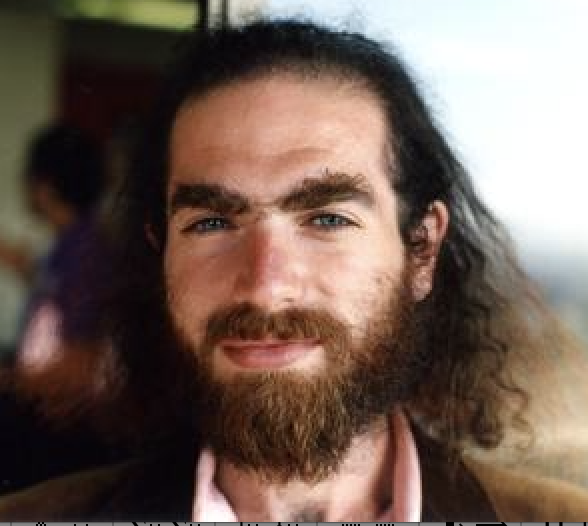
The answer to this question depends to a large extent on how we characterize “charisma.” The term came from the ancient Greek word, χάρισμα meaning “a gift of grace” and was perceived to be a power bestowed by the gods. In the modern era, the term is used to describe someone who radiates a positive energy and models a character or personality that inspires people. In 725 BCE, the ancient Greek author, Homer wrote:
So, the gods don’t hand out all their gifts at once, not build and brains and flowing speech to all. One man may fail to impress us with his looks but a god can crown his words with beauty, charm, and men look on with delight when he speaks out.
Pericles used his charismatic personality to inspire the Athenians and Cicero inspired the Romans. They were followed by magnetic leaders like Jesus of Nazereth and Muhammed who used their charismatic personalities to create widespread religious followings. In the modern era, few people exuded more charisma than Dr. Martin Luther King Jr. His highly-charged delivery, punctuated with historical allusions, biblical references, and vivid metaphor, galvanized the Civil Rights Movement and sharpened its focus. On July 2, 1964, less than a year after that speech, President Lyndon Johnson signed the Civil Rights Act that ended segregation and banned discrimination on the basis of race. King’s speech is regarded as one of the greatest in history, not only for its persuasive impact but also for its effect on racial equality in America.
Was Martin Luther King Jr. intelligent? He learned to play the piano at a young age and is reported to have enjoyed opera. At the age of 13, he became assistant manager at one of the Atlanta Journal newspaper delivery stations–the youngest to hold such a position. He skipped grade 9, leaping from grade 8 into grade 10 at Booker T. Washington High School. At the age of 15, he passed the entrance examination to Morehouse College and graduated with a B.A. in sociology at age 19. At age 25, he became Dr. Martin Luther King Jr., having completed a Ph.D. in theology.
All of these charismatic people had high intelligence, though few would have been at the very top of the IQ scale. Why?– because most of those who are profoundly gifted are lone wolves. Many (or perhaps most) profoundly gifted people have interests and proclivities that lie outside the normal range, making it difficult for them to understand the dreams and aspirations of normal people. Without an intuitive sense of what people want, it’s difficult to become an inspirational leader. Great intellects like Einstein, von Neumann, Gödel, Feynman and Perelman associate with other gifted people, and the few supremely gifted people who move into leadership roles usually lead only groups of other very gifted people (as in the case of J. Robert Oppenheimer). They also tend to be independent thinkers who have views that would not resonate with the public at large.
An old military adage asserts: If you wish to lead, you must be in front of the troops, but if you get too far ahead, they will mistake you for the enemy.
